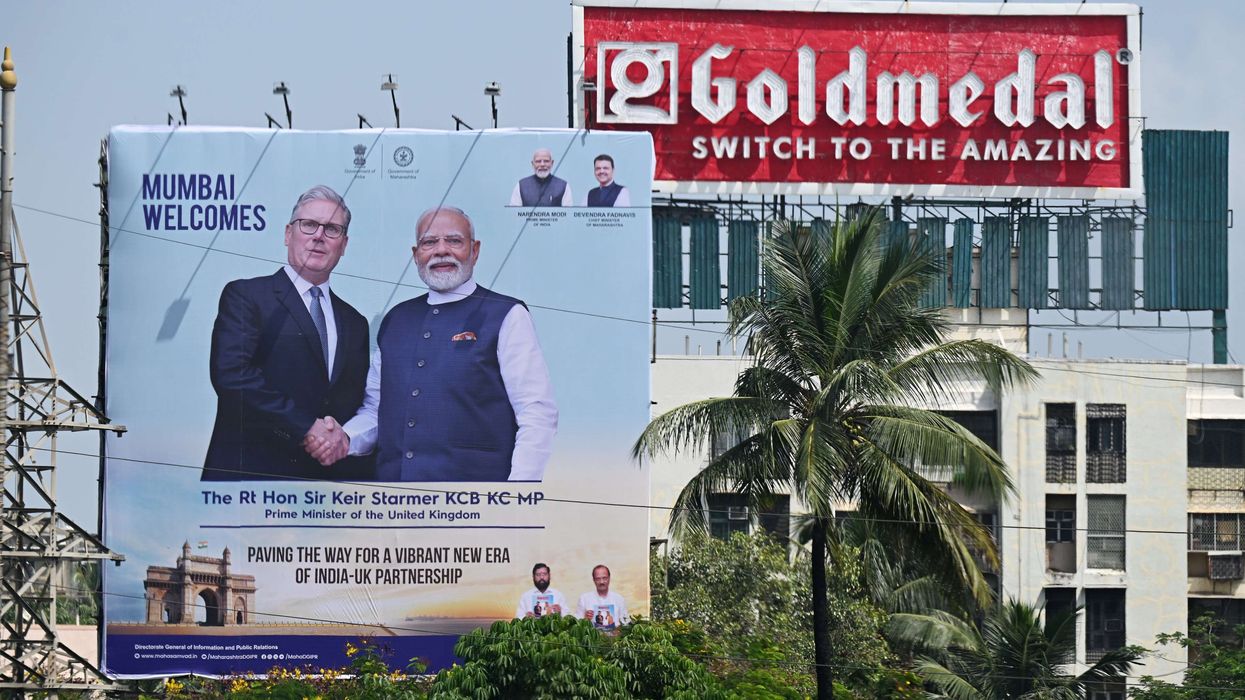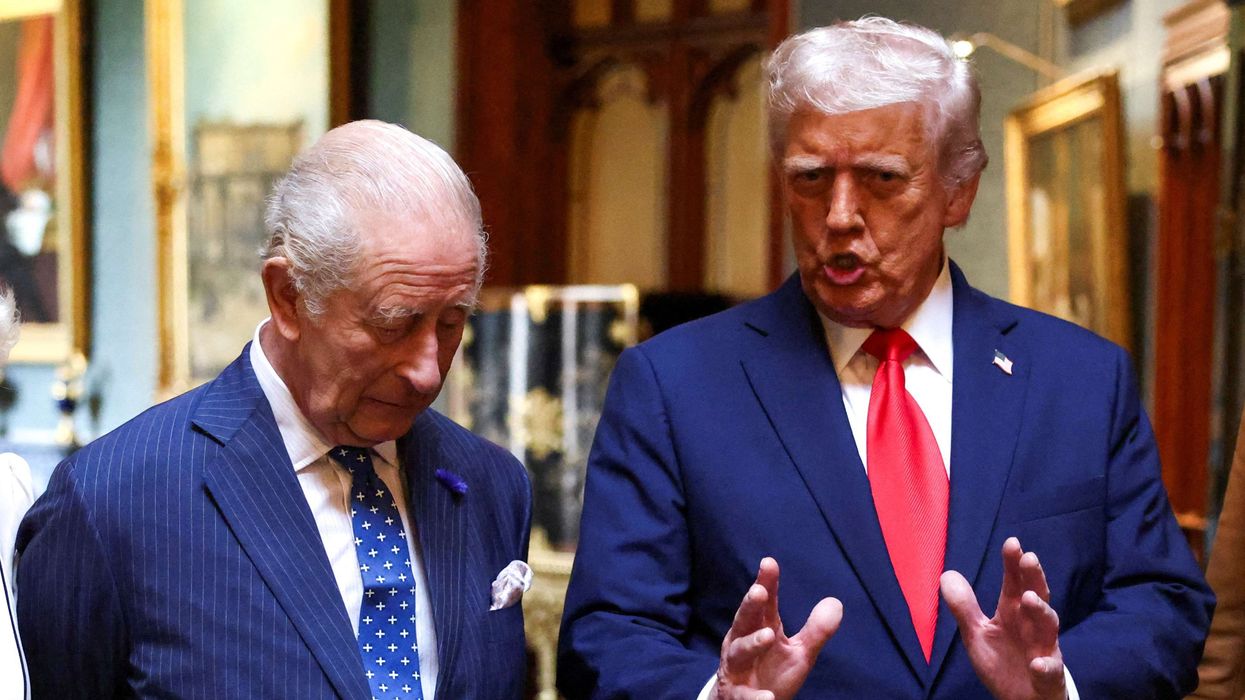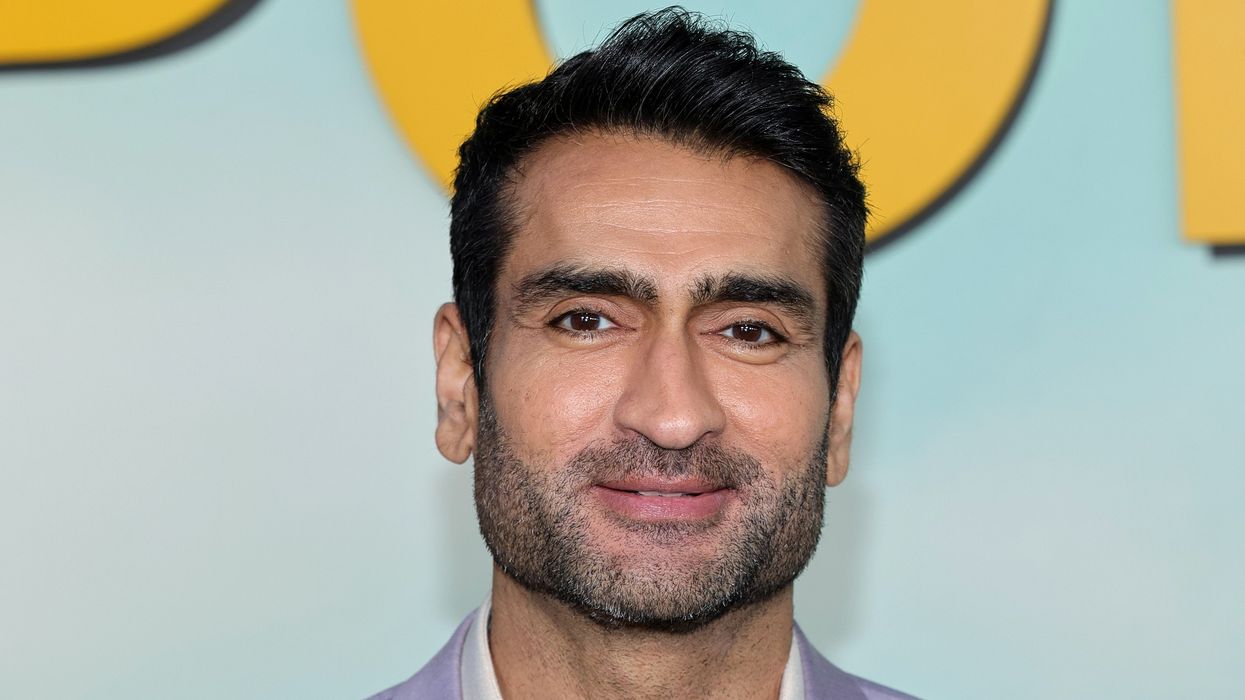THERE has been very little substantive coverage of Sir Keir Starmer’s first visit to India as prime minister in the British press.
One paper ignored the visit altogether, preferring to devote three pages to something it considered far more important – David and Victoria Beckham. There was also the regular instalment of just how awful Meghan, Duchess of Sussex, is, especially when compared to Kate, the Princess of Wales. One paper did have a story, but it was about how Starmer would not liberalise visas for India.
Britain once became rich through ruling India. History could repeat itself, though now the partnership is of equals.
The UK economy could be rescued, indeed transformed, though a closer engagement with India made possible by the Free Trade Agreement (FTA).
The FTA is probably Starmer’s biggest foreign policy success, which might be one reason why his enemies want to play it down. The Times did carry a story, “British Airways to expand its flights to India”, and quoted the airline’s CEO Sean Doyle, who was part of the Starmer delegation to India.
He said: “India is not just another market. It is one of the fastest-growing major economies, the world’s most populous democracy, and a tech and innovation hub that is reshaping global business. Forging stronger links with India is not only logical – it’s essential. British Airways has been flying to India for 100 years, making us one of the longest-serving international carriers in the country.”
The Times made only a passing reference to what Starmer found on landing in India: “During his visit to Mumbai this week, the prime minister received the kind of reception politicians in Britain can only dream of. As his convoy made its way into the city centre, it passed more than 5,700 posters bearing his face. At one point, Sir Keir Starmer even found himself joining in with a traditional Indian dance to celebrate Diwali.”
The Financial Times covered the visit,but wrote at length about visas.
To be sure, papers publish stories they think will boost sales. But they need to cover stories other than boats, Farage and Meghan. The India story is much more exciting and has the potential to make life better for everyone.




